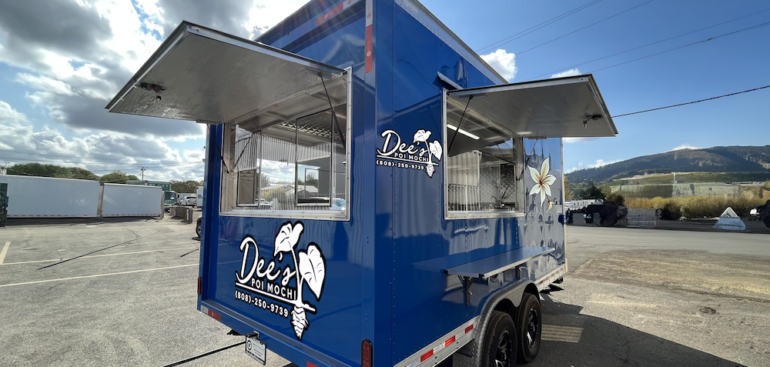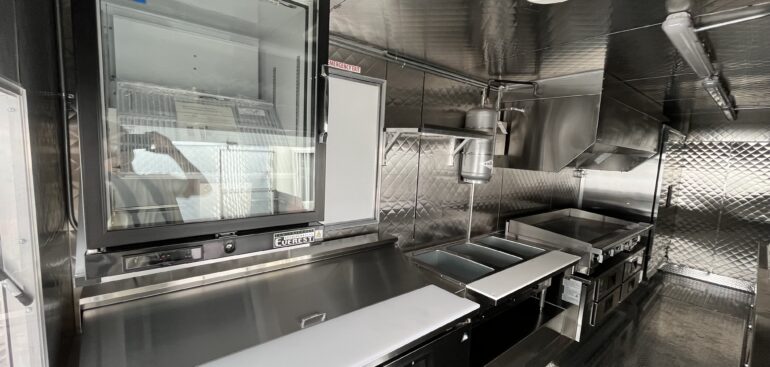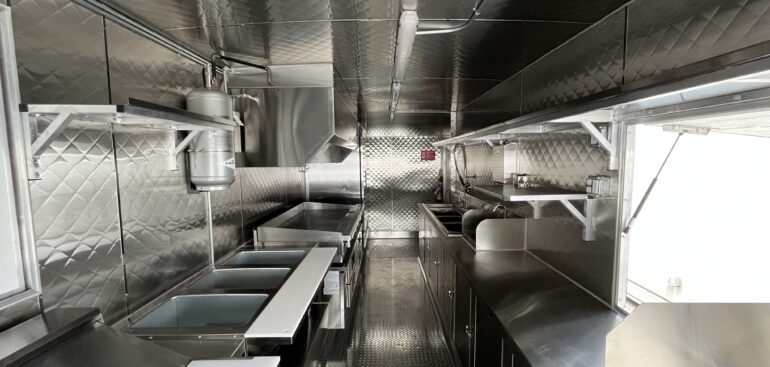How To Finance Your Food Trailer Dream
Welcome to the Quality Trailers Inc. blog! Today, we’re diving into an exciting topic for all your aspiring food entrepreneurs: financing your very own food trailer. It’s a journey filled with potential and promise, and we’re here to guide you through it with a blend of expertise and friendliness. So, grab a cup of coffee, and let’s get started!
The Joy of Starting a Food Trailer Business
At Quality Trailers Inc., nestled in the heart of Portland, we’re not just experts in building trailers; we’re passionate about supporting your dreams of running a food service business. With two decades under our belt in the trailer industry, we’ve seen firsthand the joy and success our clients experience through their ventures. And now, it’s your turn!
Making Financing Accessible and Understandable
We know that diving into the financial side of things can be daunting. That’s where we come in. Our goal is to demystify the process of financing a food trailer and make it accessible, whether you’re a seasoned pro or just starting.
- Exploring Your Financing Options – There are several paths to securing financing for your food trailer, and we’re here to walk you through each one. Traditional routes like banks or resources like the Small Business Administration (SBA) are great options. But did you know there are also private financing options available? These can be particularly useful if you’re just starting out or facing credit challenges.
- A Tailored Approach to Financing – Every food trailer dream is unique, and so are our financing solutions. Whether you’re looking to finance just the trailer or the equipment inside, we’ve got options that can help you start generating income quickly. And don’t worry about the process being overwhelming; we aim to make it as seamless as possible.
The Business Side of Food Trailers
Let’s talk about the potential of a food trailer business. Industry stats are encouraging, with monthly earnings ranging from $20,000 to $45,000. Imagine what you could do with that kind of revenue! Of course, it’s important to factor in costs like food supplies, fuel, maintenance, and insurance. But with careful planning, the financial outlook can be very promising.
Qualifying for Financing: Not as Hard as You Think
Many factors can influence your ability to secure financing, like your credit history and industry experience. But don’t let this intimidate you. Even if you’re new to the scene or have an average credit score, there are options out there for you.
Your Partners in Food Trailer Success
At Quality Trailers Inc., we see ourselves as more than just trailer builders; we’re your partners in this exciting entrepreneurial journey. Our years of experience and network of trusted lenders are at your disposal, making the financing process simpler and more straightforward.
Reach Out to Us!
Do you have questions or need more information about starting your food trailer business? We’re here to help! Our friendly team is available on weekdays to chat over the phone or in person. We’re excited to be a part of your journey and can’t wait to see where it takes you.
Remember, embarking on a food trailer business is an adventure, and like any great adventure, it’s always more enjoyable with a reliable guide by your side. Let’s make your food service dreams a reality together!
Thanks for reading our blog post! Stay tuned for more insights and tips from Quality Trailers Inc. Whether you’re ready to jump right in or still weighing your options, we’re here to support you every step of the way. Let’s cook up some success together! 🚚🍔🌟





